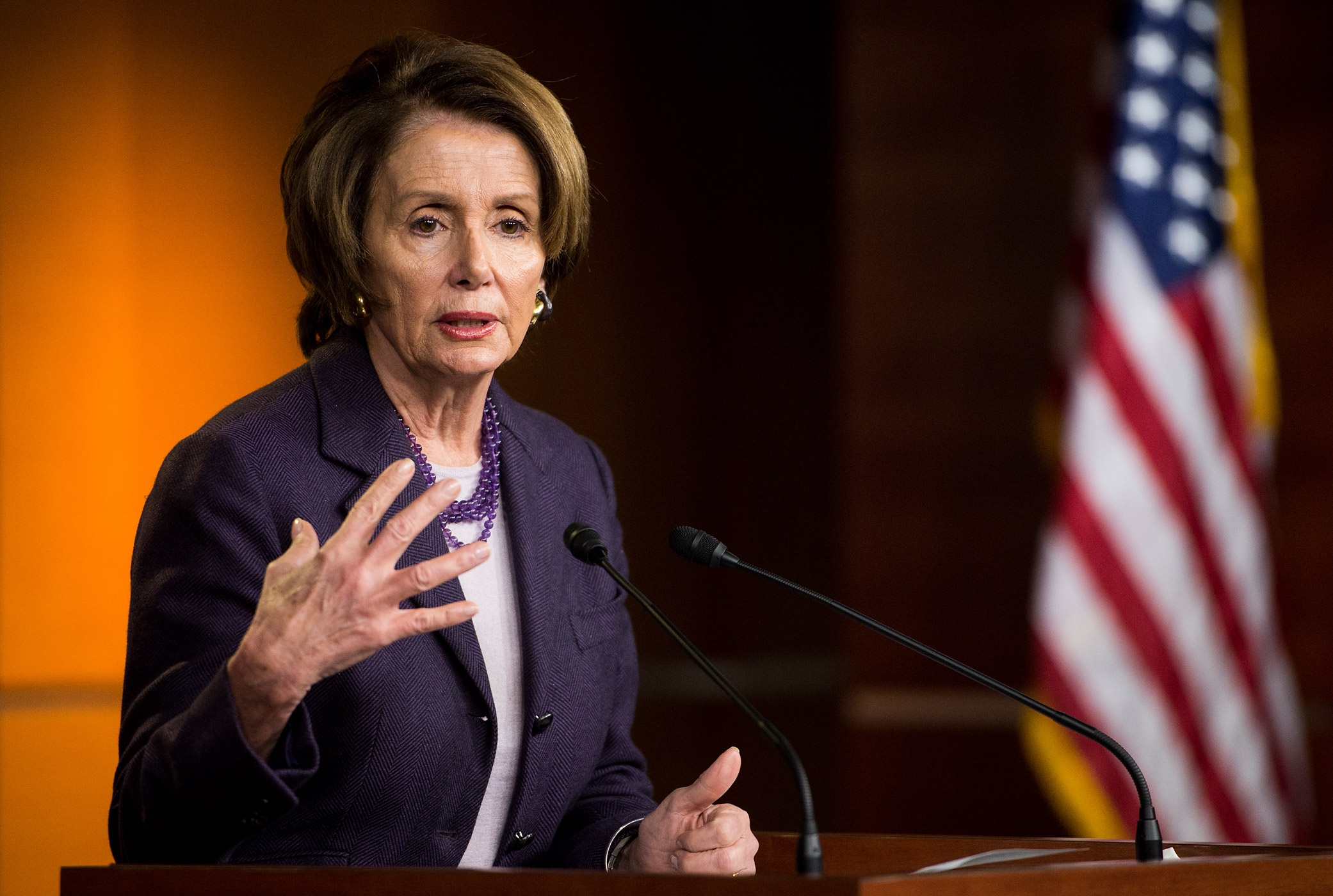
Members of Congress have been traveling to Havana for a while, preparing the ground for the coming rapprochement between Cuba and the United States. But Nancy Pelosi’s arrival on the island Tuesday adds a certain weight to the process. Pelosi, the San Francisco Democrat who leads the House minority, has become the most senior congressional leader to visit Cuba, a nominal milestone in every sense of the word but one that nonetheless helps to sustain the momentum begun with the Dec. 17 joint announcements of Presidents Obama and Raul Castro.
And momentum matters on the Cuba question. Obama has moved with real dispatch, first with the surprise announcement that he intended to re-establish diplomatic ties with a state that has been regarded as an outlaw by previous administrations dating to 1961 and then by taking less than four weeks to publish new rules allowing U.S. citizens to travel to the island and send money there. But there’s a limit how much any president can do. The matrix of legislation that together are known as the Embargo can be undone only by Congress, a constitutional reality not lost on the Cuban officials working closing with the Obama administration to sustain the sense the countries stand on the cusp of a new era.
“The power in the United States is not the President,” a senior Cuban official informed me late last month, in the corridor of the Havana hotel and convention center where a U.S. Assistant Secretary of State and her Cuban counterpart had just concluded a day of talks on re-opening embassies. “Don’t be fooled,” the official said with a knowing look. “There’s what he’s allowed to do.”
Re-opening embassies is one thing a president is allowed to do, and the talks aimed at doing that had evidently gone well, not least because the Cubans themselves gave every indication of understanding that the real challenge was not about ambassadors but the congressional battle that lay ahead. U.S. policy on Cuba had been largely dominated by the Cuban exile community that fled the island after the 1959 revolution. And if Obama’s overture to Havana was based on a calculation that the exiles’ time has come and mostly gone, the lobby’s clout remains a formidable thing on Capitol Hill, where, for instance, the ranking Democrat on the Foreign Relations Committee is New Jersey Sen. Bob Menendez, the son of Cuban emigrants.
In meeting with government officials, Pelosi’s codel, or Congressional Delegation, will no doubt be quizzed on the prospects for rolling back the Embargo. The answer is partly evident in the presence of a Democratic with a reputation as partisan as Pelosi’s: Support for the outreach to Cuba, while not defined cleanly on party lines, skews Democrat. But part of the answer lay in list of non-official Cubans the five House Democrats meet with on their visit. One stop will be Cardinal Jaime Lucas Ortega y Alamino, the local leader of the Catholic Church whose leader, Pope Francis, played a crucial role in persuading the longtime enemies to come together, and afforded an ecclesiastical cover for a political change.
More importantly, the Americans will also meet with what Pelosi’s news release referred to as “members of civil society,” code language for political dissidents who cycle in and out of detention in Cuba, a one-party state that insists that criticism can occur only “inside the system.” Hence the inclusion of Rep. Jim McGovern of Massachusetts, co-chair of the congressional Human Rights Commission. Conspicuous demonstrations of support for these lonely dissenters were a key element of the State Department delegation, and will be for all U.S. officials — not only out of principle, but to show skeptics watching on the Hill that renewing ties to Havana does not meaning letting the Castros declare victory. And since the next round of talks is slated to take place in Washington next week, Pelosi’s visit also offers the opportunity to keep the focus on the island in question.
With reporting from Dolly Mascareñas in Mexico City.
More Must-Reads From TIME
- The 100 Most Influential People of 2024
- The Revolution of Yulia Navalnaya
- 6 Compliments That Land Every Time
- What's the Deal With the Bitcoin Halving?
- If You're Dating Right Now , You're Brave: Column
- The AI That Could Heal a Divided Internet
- Fallout Is a Brilliant Model for the Future of Video Game Adaptations
- Want Weekly Recs on What to Watch, Read, and More? Sign Up for Worth Your Time
Contact us at letters@time.com